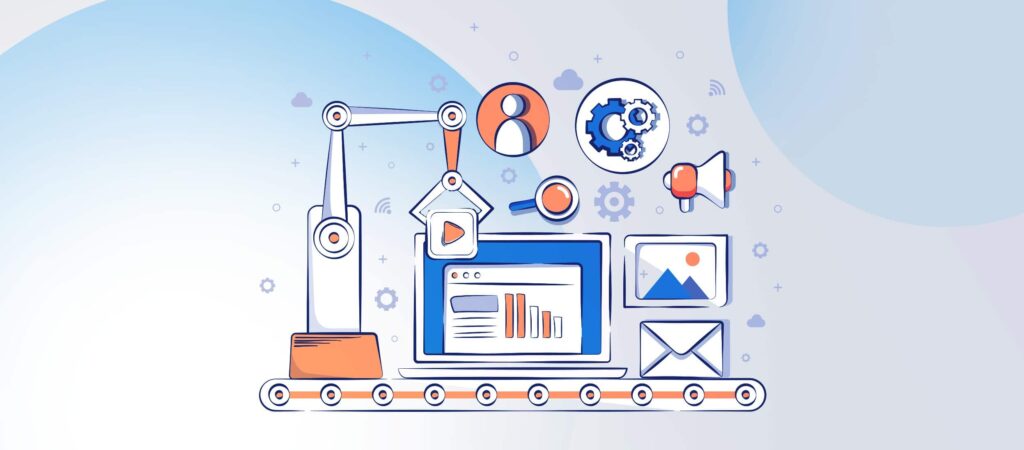Intelligent Automation: How AI is Revolutionizing Business Workflows

For years, businesses have relied on manual workflows, structured automation rules, and human oversight to manage operations. However, these traditional methods often created inefficiencies, bottlenecks, and scalability challenges. In November 2024, AI-powered workflow automation tools reached unprecedented levels of intelligence, allowing companies to optimize processes, reduce operational costs, and improve overall efficiency.
The introduction of intelligent process automation (IPA), AI-driven task management, and self-optimizing workflow systems meant that businesses could now automate complex decision-making, dynamically adjust processes in real time, and seamlessly integrate AI across various departments. AI was no longer just a tool for automation—it was becoming an essential part of business strategy, enabling adaptive and data-driven workflows.
How AI Was Reshaping Workflow Efficiency
Traditional business processes depended on human intervention, fixed workflows, and rule-based automation, often resulting in slow adaptation to changing business needs. AI-driven automation introduced a new level of flexibility and intelligence, allowing businesses to:
- Automate decision-making with AI-powered analytics – Intelligent systems analyzed real-time data and historical trends to make automated yet informed business decisions.
- Enhance cross-functional workflow integration – AI platforms connected disparate systems, optimizing communication between departments and reducing manual data transfer errors.
- Self-optimize workflows with AI-driven feedback loops – AI continuously monitored business processes, identifying inefficiencies and suggesting improvements in real time.
These advancements were not just improving efficiency but also allowing companies to operate with greater agility and adaptability in fast-changing markets.
Industries Rapidly Adopting AI-Powered Automation
AI-driven workflow automation was being implemented across industries where efficiency, precision, and cost reduction were priorities.
1. AI in Finance and Accounting Automation
- AI-powered financial software automated invoicing, expense tracking, and fraud detection, minimizing errors in financial transactions.
- Intelligent forecasting models provided real-time insights into revenue trends and risk assessments, improving business decision-making.
2. AI in Human Resources and Employee Management
- AI-driven HR platforms automated recruitment, onboarding, and employee performance evaluations, reducing administrative workload.
- Chatbots and AI assistants provided instant support for employee queries, improving HR service efficiency.
3. AI in Customer Service and Support Operations
- AI-powered chatbots and virtual assistants handled customer inquiries, troubleshooting, and complaint resolution, reducing response times.
- Sentiment analysis tools monitored customer interactions, allowing businesses to proactively address issues before they escalated.
These applications demonstrated that AI-powered workflow automation was not just an enhancement—it was becoming a necessity for business efficiency and scalability.
Challenges and Ethical Considerations in AI-Driven Automation
Despite its benefits, AI-powered automation introduced challenges that businesses needed to address to ensure ethical and responsible deployment.
1. Over-Reliance on AI for Critical Decision-Making
- While AI-driven automation improved efficiency, businesses needed to maintain human oversight in high-stakes decisions.
- Companies developed hybrid AI-human workflows to ensure accountability and mitigate risks.
2. Job Displacement and Workforce Transition
- AI-driven automation replaced many repetitive tasks, raising concerns about workforce displacement and reskilling challenges.
- Businesses invested in AI training programs, helping employees transition into roles that required strategic thinking and creativity.
3. Data Privacy and AI Security Risks
- AI-powered workflow automation relied on large datasets, increasing concerns about data privacy, security breaches, and compliance risks.
- Organizations adopted strict AI governance frameworks to protect sensitive business information.
Addressing these concerns was critical in ensuring AI-driven workflow automation remained beneficial and responsible.
What’s Next for AI in Business Automation?
As AI continued evolving, the next wave of automation advancements was expected to include:
- AI-powered autonomous business operations – Future AI-driven systems would be capable of self-managing end-to-end business workflows with minimal human intervention.
- Emotionally intelligent AI for customer interactions – AI would soon integrate emotional analysis and adaptive responses, improving customer engagement.
- AI-enhanced legal and compliance automation – AI-driven platforms would automate contract analysis, policy compliance checks, and regulatory reporting, reducing legal risks.
These innovations positioned AI as a driving force in the future of intelligent automation, allowing businesses to operate with unprecedented efficiency.
The New Era of AI-Driven Workflows
The widespread adoption of AI-powered workflow automation in November 2024 signaled a major shift in how businesses managed operations, optimized processes, and handled decision-making. AI was no longer just a supporting tool—it was actively shaping business strategies, reducing operational inefficiencies, and driving growth.
However, as businesses continued to integrate AI into their workflows, ensuring ethical AI use, human collaboration, and responsible automation remained key challenges. Moving forward, successful businesses would be those that embraced AI while maintaining a balance between efficiency, security, and human expertise.




